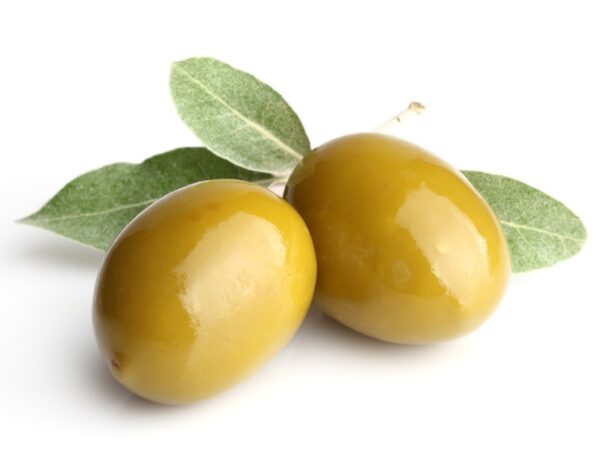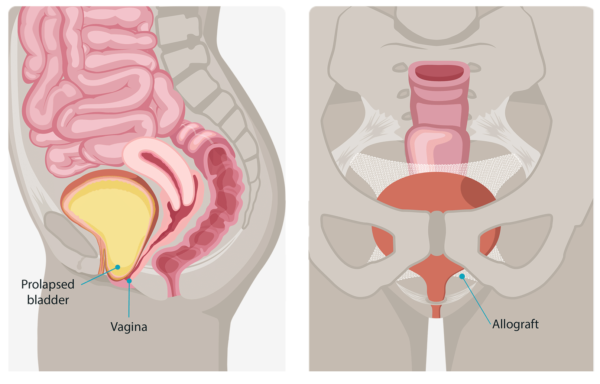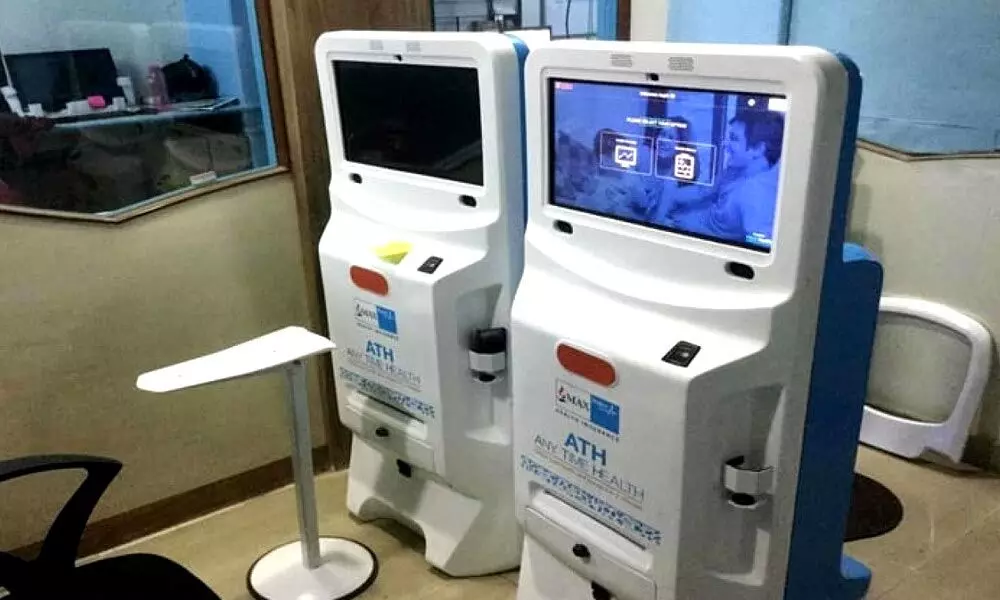It’s no secret that olives provide powerful health benefits. They can be pressed into cooking oils or eaten cured and whole These little berries are becoming known as superb heart aids However, their benefits go far beyond the boost to your cardiovascular system. Be aware of these benefits, and you’ll find yourself living your life the Mediterranean way.
By wellhealthorganic.com:11-health-benefits-and-side-effects-of-olives-benefits-of-olives are:
1. They’re a great heart-healthy snack.
Olives are loaded with monounsaturated fatty acid, an essential fat associated to lowering LDL (“bad” cholesterol) while maintaining HDL (“good” cholesterol”). The powerful antioxidant qualities of olive polyphenols can also help to reduce oxidative stress and chronic inflammation, a key initiating factor of heart disease.
In addition, research has shown that those who consume extra- virgin olive oil daily are at a lower risk of heart attack, high blood pressure, and death from cardiovascular disease than those who don’t.
2. They can improve circulation.
The plant-based compounds found in olives can boost the production of nitric oxide, which improves blood flow by encouraging blood flow to your tissues. That’s beneficial for both long-term and short-term health because better circulation improves everything from sprints at the gym, to overall risk of chronic disease.
Certain types of olives be able to provide as much as 25 percent of your iron requirements A vital mineral that helps deliver oxygen to your organs.
3. They’ve got anti-inflammatory benefits.
The polyphenols present in olives may help to reduce chronic inflammation through stopping the damage to organ tissue before it begins. The olives are most famous for their main role in Mediterranean diets, which are full of healthy fruits, vegetables and all-whole grains. This is why it’s crucial to focus on improving your whole diet instead of focusing on one meal or snack!
4. They can be beneficial for your bones.
Polyphenols can also improve bone mineral density, thereby reducing the rate of degeneration. Additionally, Mediterranean diets have been associated with a lower risk of fractures among older adults.
5. They can help improve the health of your brain.
Since olives aid in reducing the oxidative stress that is caused by inflammation They also help protect cells of important organs (i.e. your brain!) against irreparable and damaging damage that is potentially irreparable. Another advantage: Olives contain vitamin E, an antioxidant linked to improved cognitive function and a lower chance of developing cognitive decline. The diets that depend on olive oil as their primary fat source are also associated with lower risks of developing Alzheimer’s disease.
6. They can help you stay happy.
Utilizing extra virgin olive oil during cooking can improve satiety by providing nutritious, delicious fats that help you stay fuller for longer. One tablespoon contains around 120 calories. 120 calories worth of olives is about 30 olives (depending on the kind of olive or size). Snacking on the fruit also offers fiber in the diet; a cup has about 15% of the amount you require in a single day! However, those who are on diets that are low in sodium should stick with the oil-based version.
7. They can lower the risk of some cancers.
The advantages of fruits and vegetables make them an easy choice in the context of daily eating and snacks. The high antioxidant content of olives and other foods can reduce your risk of certain cancers, both because they protect DNA within cells (potentially stopping the growth of tumors) and by reducing oxidative stress.
8. They can improve blood sugar levels.
Extra virgin olive oil in particular could lower blood sugar as early as two hours after eating by assisting insulin action. Oleic acids (a healthy type of fat that is heart-healthier) as well as polyphenols found in olives may also help. Research suggests that eating a diet rich in antioxidants and monounsaturated fats could reduce the risk of developing type II diabetes.
9. They can help you absorb other nutrients more efficiently.
The antioxidants found in many vegetables and fruits are better absorbed when eaten with dietary fat such as olives. Add a tablespoon of olive oil on salads and adding it to veggie dips can help enhance the intake of carotenoids which can benefit the eyes and lower the risk of long-term illness.
10 Skin and hair health
Black olives are abundant in fatty acids and antioxidants that provide nourishment, hydration and protection. The most important of these vitamins is E. Applying it directly or consumed the vitamin E has been shown to protect skin from ultraviolet radiation, thus preventing premature aging and skin cancer. You can have a healthier looking, radiant skin by cleansing your face in warm water, then applying the smallest amount of olive oil onto blemishes or spots, and letting it work its magic for about 15 minutes before washing it off. You can actually use olive oil to moisturize your skin prior to any bath, and even treat your hair using it in conjunction with an egg yolk and then letting it dry before rinsing and washing.
11. Bone and connective tissue
The anti-inflammatory properties of monounsaturated fats as well as vitamin E and polyphenols found in black olives could aid in reducing the severity of osteoarthritis, asthma, and Rheumatoid Arthritis. The majority of pain being affected by one of these three bone ailments is caused through the presence of high levels free radicals. Olive oil also contains a compound called Oleocanthal that acts as a painkiller. Researchers have discovered that oleocanthal helps to reduce inflammation in the same means that drugs such as Ibuprofen do.
Side Effects of Eating Olives
The MUFAs can be thought of as good fats to eat. If you could substitute saturated and trans fats with unsaturated fats, like PUFAs and MUFAs and PUFAs, it could be beneficial for your health. But even the healthy fats such as olive oil are sources of calories, so don’t eat too much of them.





